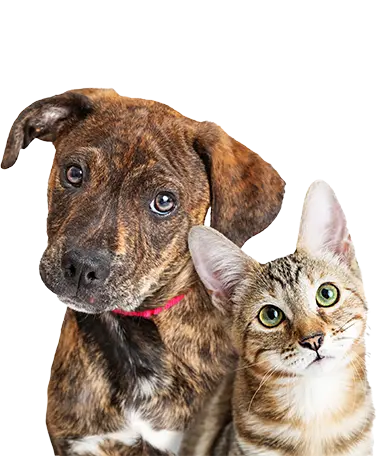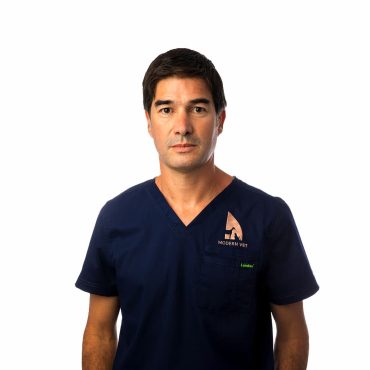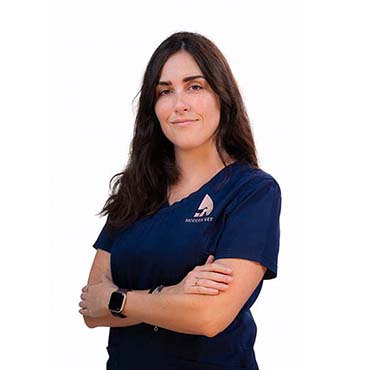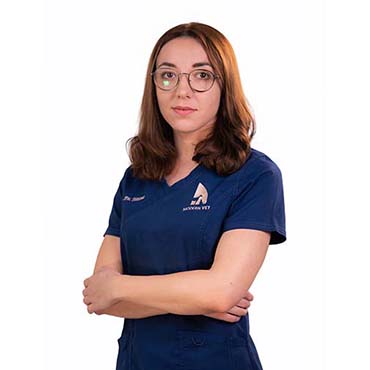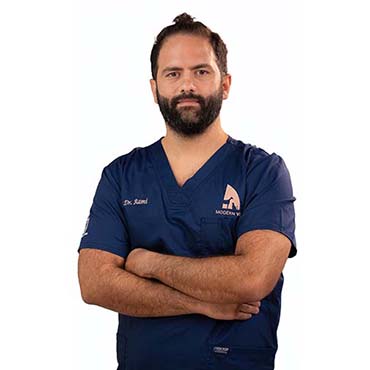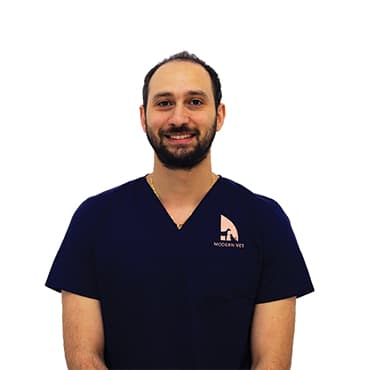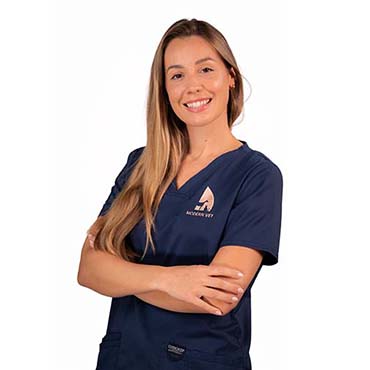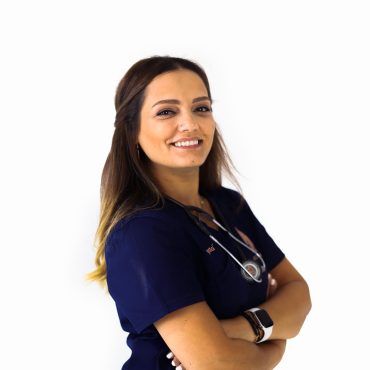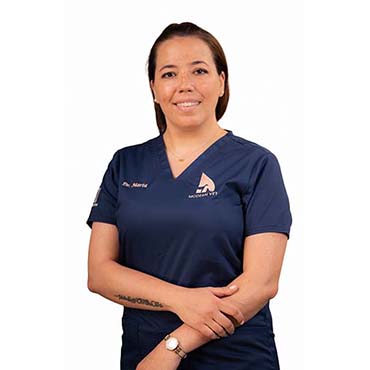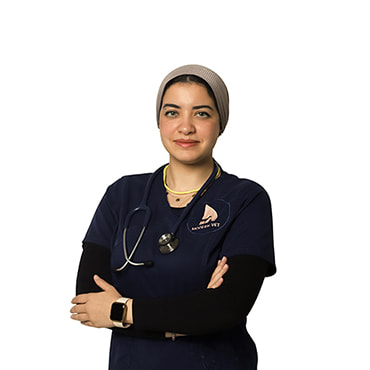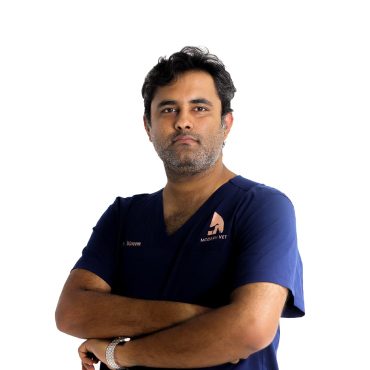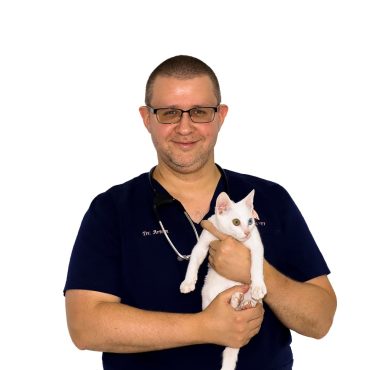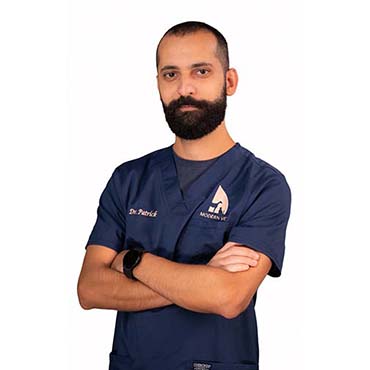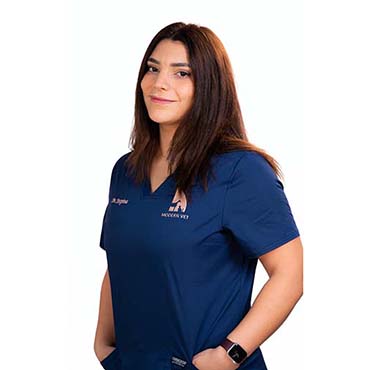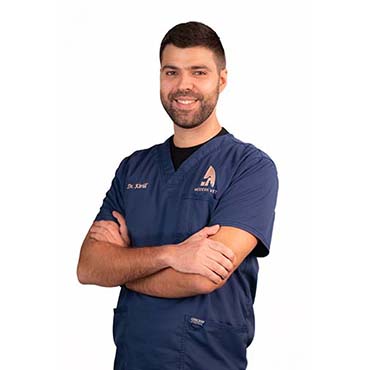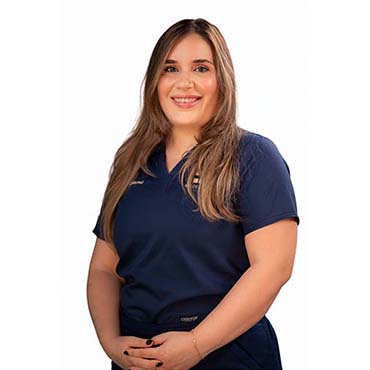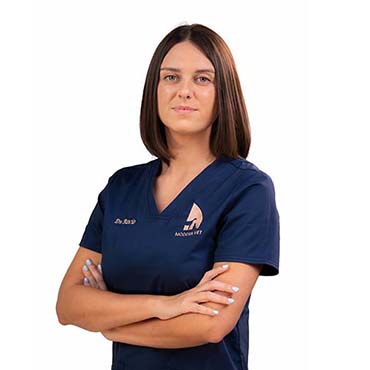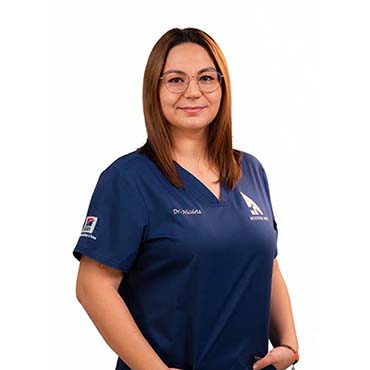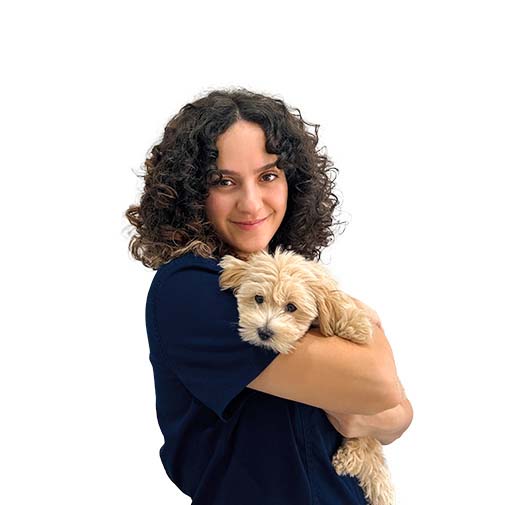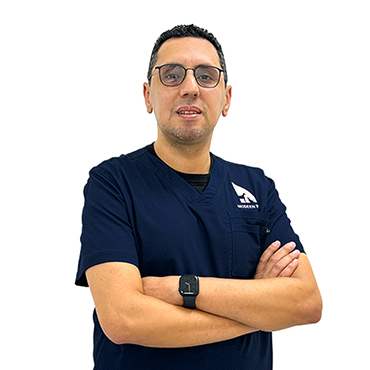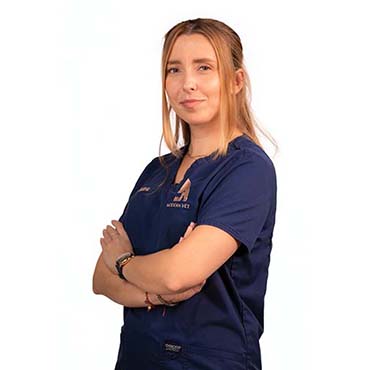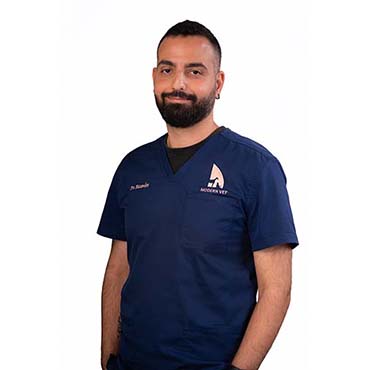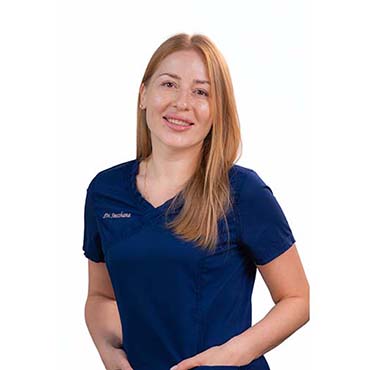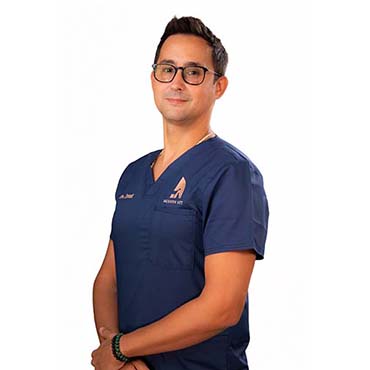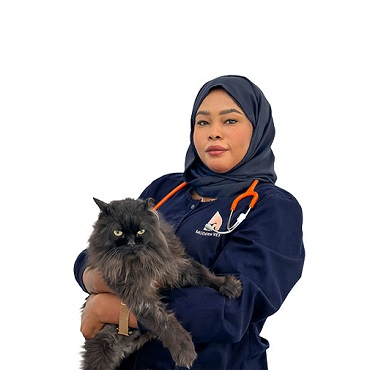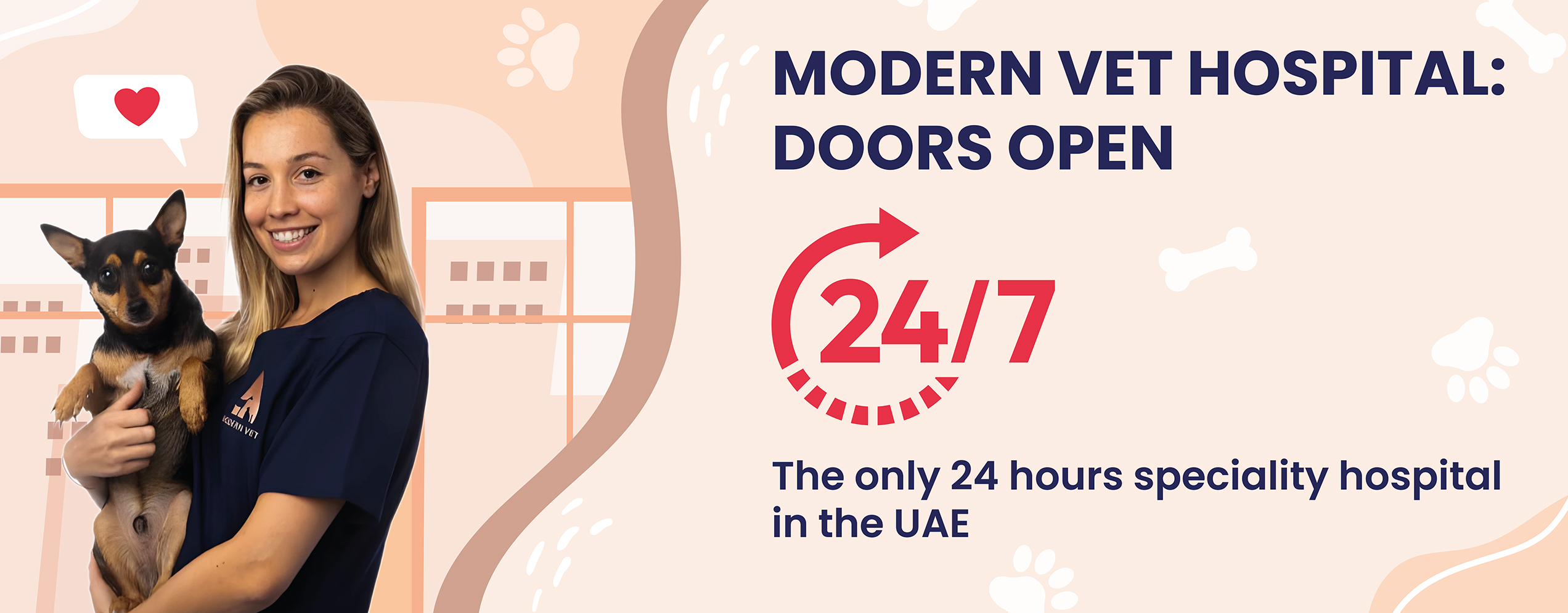Pet cardiology functions as a veterinary medical speciality that diagnoses, treats, and controls Heart and circulatory diseases in animals. A strong heart serves as a requirement for humans to live long and maintain their energetic nature, and animals need the same condition to thrive. Both cats and dogs face two types of heart disease, which include acquired and congenital conditions that severely impact their quality of life.
The main goal of veterinary cardiology extends beyond treating existing conditions because it helps detect problems early to enable preventive measures that prevent complications, which result in a longer, more comfortable life for your pets. Our team at ModernVet Clinic combines advanced medical technology with compassionate care to achieve optimal results for your cherished animals.
Key Reasons Why Your Pet Needs Cardiology Care:
Detect Early Signs Of Heart Disease Before Complications Arise
Receive Specialist Care From Board-Certified Cardiologists
Support Long-Term Health Through Preventive Heart Screening
Tailored Treatment Plans For Each Breed & Heart Condition
Diagnose Congenital & Acquired Cardiac Conditions Accurately
Manage High Blood Pressure & Arrhythmias Safely
Prevent Life-Threatening Emergencies Like Heart Failure
Benefit From Minimally Invasive Cardiac Procedures
Improve Breathing, Energy & Overall Quality Of Life
Ensure Safe Long-Term Monitoring & Medication Adjustments
Access Advanced Imaging – Echocardiography, ECG & X-Rays
24/7 Access To Expert Cardiac Care At Modern Vet
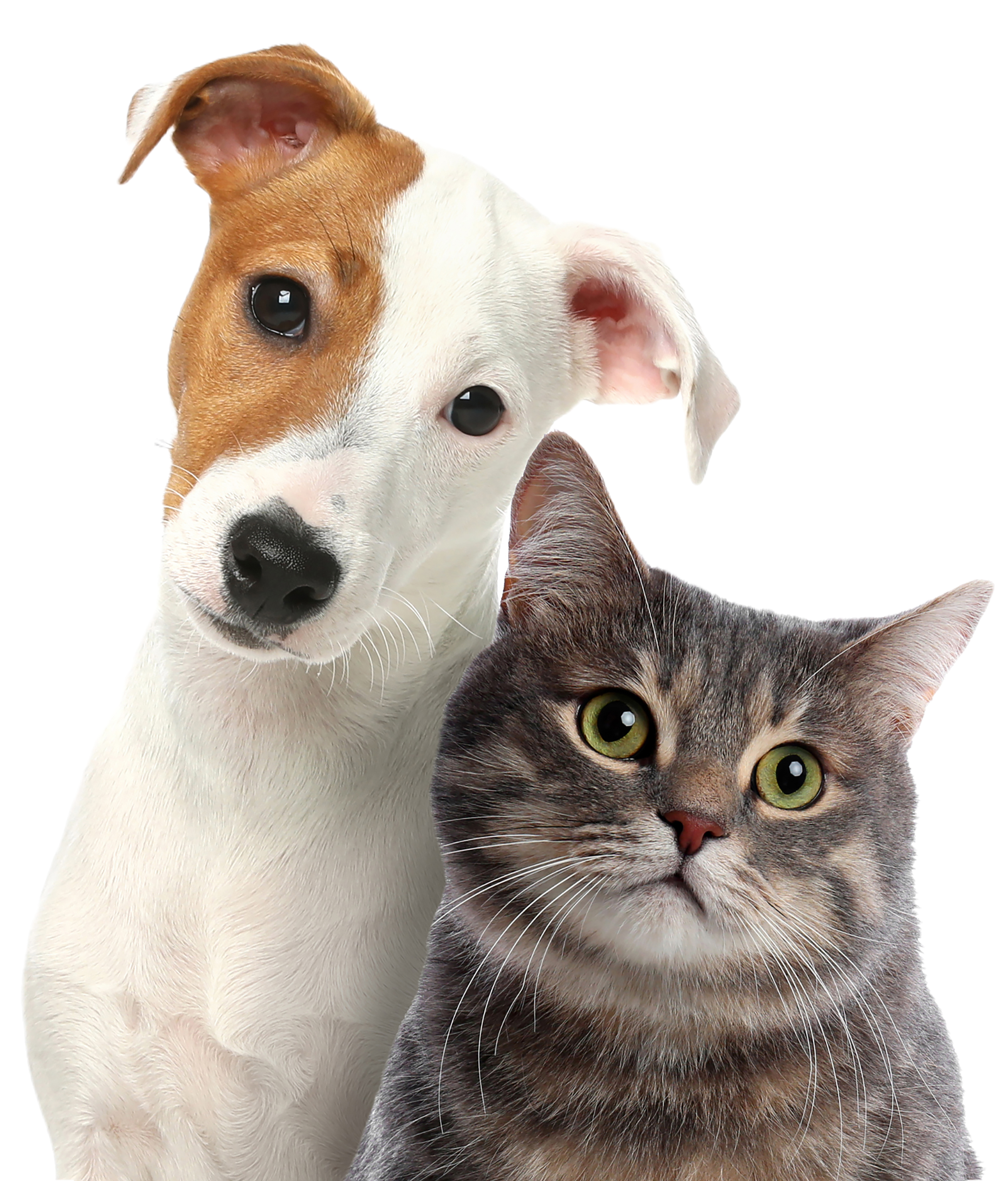
Role of a Veterinary Cardiologist
A veterinary cardiologist represents a veterinarian who has received additional specialized training beyond veterinary school to become an expert in animal heart health. After veterinary school graduation, veterinarians pursue cardiology residency training to gain expertise in diagnostic procedures, interventions and complex disease management.
The cardiologists at ModernVet perform more than diagnostic tasks. Our cardiologists perform complete cardiac evaluations while interpreting subspecialty tests, create individualized treatment plans and monitor patients for ongoing diseases. Your companion animal receives consistent care because our cardiologists work together with your regular veterinarian.
Common Heart Conditions in Dogs and Cats
Pet cardiologists treat different types of heart diseases. Some of the most common diseases include:
Degenerative Mitral Valve Disease (DMVD)
DMVD is the primary heart condition that affects dogs. The condition shows progressive damage to the mitral valve, which connects the left atrium to the ventricle. The valve develops thickening and leakage, which causes blood to flow backwards while forcing the Heart to expand. The disease progression results in congestive heart failure, which typically presents with coughing and breathing difficulties. DMVD affects small-breed dogs and older dogs at higher rates.

Dilated Cardiomyopathy (DCM)
DCM represents a heart muscle condition that primarily affects large breed dogs, including Doberman Pinschers, Boxers, and Great Danes. The Heart develops thin walls with dilated chambers, which results in reduced force output. The heart condition leads to congestive heart failure because blood accumulates in the lungs or belly.
The condition of lung backup can trigger dangerous arrhythmias that threaten life. The condition exists as an inherited trait, or it develops due to diet in specific breeds. The diagnosis of DCM requires an echo test to show heart dilation and weakness, while Holter monitoring checks for arrhythmias. The treatment plan includes medications that support heart function and fluid management, as well as possible dietary changes.
Hypertrophic Cardiomyopathy (HCM) in Cats
HCM is the primary heart disease that affects felines. The left ventricular muscle develops abnormal thickening, which blocks proper Heart filling. The development of heart failure with lung fluid accumulation and fatal limb clots occurs in cats who have HCM over time. The heart failure symptoms in cats include difficult breathing or rapid breathing, along with lethargy, loss of appetite and hiding behavior.
The late stages of disease manifestation in cats require routine heart checks because they typically show symptoms only at this point. Echocardiography serves as the definitive diagnostic test for cats in the same way it does for dogs. Medical management of early-stage heart conditions proves effective for many feline patients under proper veterinary care through human-class heart medications, including ACE inhibitors and beta-blockers.
Arrhythmias (Abnormal Heart Rhythm)
The Heart develops abnormal rhythms, which include tachycardia (too fast), bradycardia (too slow), premature beats, atrial fibrillation and heart block. The conditions exist independently or develop as a result of other cardiac diseases. The main symptoms include weakness, exercise intolerance, fainting episodes and sudden collapses. The diagnosis of arrhythmias requires ECG and Holter recordings. The treatment of arrhythmias includes medication therapy, but some patients require pacemakers for slow heart rates and catheter ablation procedures for specific tachycardias.
Services Offered At A Veterinary Cardiology Department Include:
Comprehensive Heart Examinations & Diagnostics
Heart Disease Management & Long-Term Follow-Up
Echocardiography (Ultrasound Of The Heart)
Tailored Medication & Treatment Plans
Electrocardiography (ECG) For Rhythm Evaluation
Minimally Invasive Cardiac Procedures
Thoracic X-Rays & Advanced Imaging
Pre-Anesthetic Cardiac Risk Assessments
Blood Pressure Measurement & Monitoring
Collaboration With Internal Medicine & Surgery Teams
Screening For Congenital & Acquired Heart Diseases
24/7 Emergency Cardiac Care & Critical Support
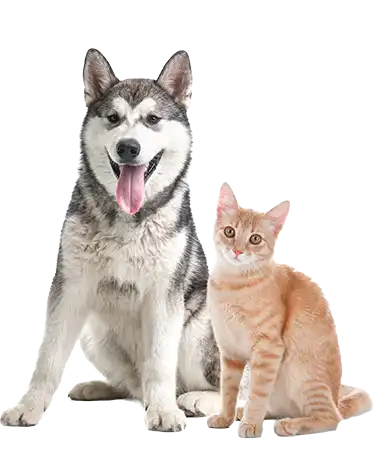
Congenital Heart Defects
These are structural defects present at birth. Examples include Patent Ductus Arteriosus (PDA), pulmonic stenosis, subaortic stenosis, and ventricular septal defects. PDA, for example, is a persistently open fetal blood vessel causing excess blood to recirculate to the lungs. Over time, this overloads the left Heart and can cause congestive failure. A continuous “machinery” heart murmur in a puppy often hints at PDA. Many congenital defects can now be cured with surgery: for instance, PDA is typically closed by tying off the vessel or placing an occlusion device via catheter. Early surgical correction of significant PDA prevents the irreversible heart damage that leads to heart failure. ModernVet offers surgical consultations for these cases.
Pericardial Disease
This indicates there is fluid or a tumor in the sac around the Heart. Heart function can rapidly decline. Aspiration of the fluid or repair of an inherent cause (such as a cancer) is commonly needed. Recurrent pericardial effusion, though less common, is a serious condition that can be sufficiently managed by a cardiologist.
High Blood Pressure (Hypertension)
Especially in senior cats (commonly in cats with kidney disease or thyroid disease) or some dogs, hypertension places a great burden on the Heart and leads to strokes or heart failure. Therapy focuses on treatment for hypertension and protection for organs.
Heartworm Disease
Where mosquitoes are found, heartworm (Dirofilaria) is infectious in dogs (and rarely cats), which causes serious Heart and pulmonary lesions. Prevention is best, but established infections are managed by cardiologists using special protocols.
Signs and Symptoms of Heart Disease
Pet heart disease often develops slowly, and there are often mild symptoms. Common signs are:
- Coughing or abnormal Breathing: Heart failure in pets can result in a continuous cough or heavy breathing even when at rest. A recurring “cardiac cough” is typical in dogs when there is an accumulation of fluid in the lungs. Cats more commonly display rapid breathing or open-mouth breathing.
- Exercise Intolerance: Getting easily tired while playing or taking a walk, a dislike for exercise, or excessive panting is an indication of a weak heart.
- Lethargy and Weakness: General lethargy or weakness, or appearing drowsy more often than usual, may be a sign of this. Some animals may also faint for no reason.
- Abnormal Heart Sounds: Your cardiologist or family doctor may note a heart murmur (turbulent flow of blood) or an abnormal rhythm with a stethoscope. Murmurs suggest additional testing.
- Swollen Belly or Fluid Buildup: As it gets worse, there might be a buildup of fluid in the chest or belly (ascites). It may cause a swollen belly or problems breathing.
- Syncope (Fainting): Any fainting episode is a red flag. There should be an ECG and cardiac assessment in an attempt to identify arrhythmias or end-organ heart disease.
How Heart Diseases Are Diagnosed
Correct treatment is directly based on proper diagnosis. At ModernVet Clinic, we use state-of-the-art diagnostic equipment, including:
- Echocardiography (heart ultrasound): Produces detailed images of heart structure and blood flow.
- Electrocardiography (ECG): Records the electrical activity of the Heart for the detection of arrhythmias.
- Radiography (X-rays): Assesses the size of the Heart and the presence of fluids in the lungs.
- Holter Monitoring: Monitors the rhythm of the Heart over 24 to 48 hours for real-time monitoring.
- Laboratory Testing: Measures cardiac biomarkers and evaluates the effect of heart disease on other organs.
These technologies allow us to characterize exactly the nature of an animal’s heart disease, disease progression, and measure response to therapy.
Treatments for Pet Heart Disease
The treatment plan for animal heart disease depends on the diagnosis results, together with the disease severity and the pet’s overall health condition.
Medical Management
The main therapeutic approach for animals involves medication. The combination of diuretics with ACE inhibitors and Pimobendan medications helps reduce fluid accumulation while improving blood flow and strengthening heart contractions. The treatment of arrhythmias involves beta-blockers or calcium channel blockers, while anticoagulants serve to stop dangerous blood clots.
Dietary and Behavioral Treatments
A heart-healthy diet consisting of low salt content helps decrease heart stress. The cardiovascular system requires weight control because excessive weight creates additional strain.
Surgical and Invasive Treatments
Certain conditions require surgical intervention. ModernVet provides three types of minimally invasive procedures, including Patent Ductus Arteriosus (PDA) closure and balloon valvuloplasty for heart valve stenosis and pacemaker implantation for specific cases.
Long-Term Monitoring
Pet heart care requires ongoing attention after the initial diagnosis. Our cardiologists perform regular check-ups to monitor treatment progress, modify medications and develop plans for potential complications. The practice of thinking ahead allows the best possible comfort and lifespan for your pet.
Preventing Heart Problems in Pets
While congenital defects cannot be prevented, many acquired heart issues can be managed, or their progression can be slowed through preventive care. Annual veterinary check-ups, even for apparently healthy pets, are vital for early detection. Breeds predisposed to heart problems should undergo specialized screening. A nutritious diet, regular moderate exercise, and management of other chronic illnesses all support long-term heart health.
Why Choose ModernVet Clinic for Cardiac Care
The ModernVet Clinic stands as the sole specialist cardiology-focused veterinary hospital in the region. Our care is directed by board-certified experts who include Dr. Roy Hassoun, who specialises in advanced imaging, Dr. Artem Pavlyuchenko, who studies canine and feline heart disease and Dr. Muhammad Waseem Aslam, who leads the field in interventional cardiac techniques.
We offer state-of-the-art diagnostic equipment and 24/7 cardiac urgent care, multiple convenient Dubai locations, and compassionate client education as free services to keep you at ease throughout your journey.
Get Expert Cardiac Care for Your Pet
ModernVet Clinic is here to be your partner in holistic pet heart health. As Dubai’s leading vet hospital for cardiology, we blend empathetic care with state-of-the-art medicine. Do not delay if you think your pet is suffering from a heart issue – early assessment by our veterinary cardiologists can prove life-altering.
Call ModernVet today for a free 800-82 or book a cardiology appointment online at our website. Our friendly and courteous staff will help you choose a location near you (we have multiple branches in the UAE) and schedule any diagnostic testing you need. Whether a routine check-up or a severe heart issue, you can be assured our specialist team is dedicated to caring for your beloved cat or dog. Your pet’s happy, healthy Heart is our speciality – call now to book an appointment at ModernVet Clinic.
FREQUENTLY ASKED QUESTIONS
Learn more about "CARDIOLOGY-New design"
Caring for an animal is much more than having medical knowledge. It requires dedication and empathy. Here’s what we’re doing differently at our clinic because pets deserve a higher level of care. That’s why numerous families from every part of the city keep choosing us.

